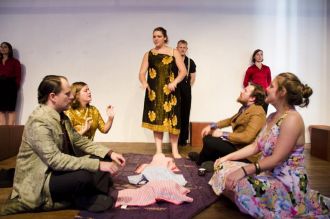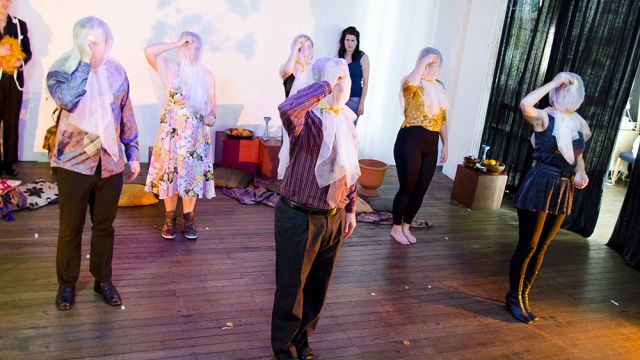Timon of Athens
Gracelesslands
Here lie I, Timon, who alive, all living men did hate…
Why? Because Timon gives away all her (there’s a gender switch) wealth to friends and supplicants and her largesse generates considerable envy and ingratitude. She loses all and ends up lurking in the woods bereft of comrades and sustenance. None of those whom she supported assist as she falls from grace. She finally suffers the indignity of being eaten by dogs. So, like King Lear, Timon badly under-estimates the gratitude of those to whom she shows benevolence.
This work is considered one of Shakespeare’s ‘problem plays’ because it is not clearly a comedy nor a tragedy. This dramatic issue is compounded by the now accepted view that the play was co-written by Thomas Middleton. So the journey of the protagonist and tragic conclusion reflect two different authors’ points of view of Timon and the world in which she exists. These inherent conflicts are reflected in the unfolding of the narrative and characters in this production. For instance, because neither the time nor the place of this story is firmly rooted, the universality of the work is undermined.
 Music, conversation, laughter, dance, love, food and wine all flow throughout the longer first act. Timon is the ideal benefactor, a charming entertainer and supporter of all many in Athens. But when Timon’s only true friend, the servant Flavius, announces that all the money is gone, Timon is astounded. She sells all her property to pay her debts and in Act Two flees into wastelands. Timon’s poor judgement and fall from grace is perhaps even greater than Lear’s, but there seems to be no epiphany or forgiveness that leads to grace before death. The character of Timon in this production appears to be somewhat oblivious to the avarice, corruption and envy she is feeding with her beneficence. Timon’s conversion from a philanthropist to a misanthrope occurs with little impact on her gracious and mild manners. So the tragedy of her fall is never truly heartfelt. But many charming scenes, too frequent and luscious sets transitions and multiple characterisations populate this depiction of her downward slide into misanthropy. Watch out for the dog!
Music, conversation, laughter, dance, love, food and wine all flow throughout the longer first act. Timon is the ideal benefactor, a charming entertainer and supporter of all many in Athens. But when Timon’s only true friend, the servant Flavius, announces that all the money is gone, Timon is astounded. She sells all her property to pay her debts and in Act Two flees into wastelands. Timon’s poor judgement and fall from grace is perhaps even greater than Lear’s, but there seems to be no epiphany or forgiveness that leads to grace before death. The character of Timon in this production appears to be somewhat oblivious to the avarice, corruption and envy she is feeding with her beneficence. Timon’s conversion from a philanthropist to a misanthrope occurs with little impact on her gracious and mild manners. So the tragedy of her fall is never truly heartfelt. But many charming scenes, too frequent and luscious sets transitions and multiple characterisations populate this depiction of her downward slide into misanthropy. Watch out for the dog!
Stephen Carnell
Photographer:Aubry Godden
Subscribe to our E-Newsletter, buy our latest print edition or find a Performing Arts book at Book Nook.

